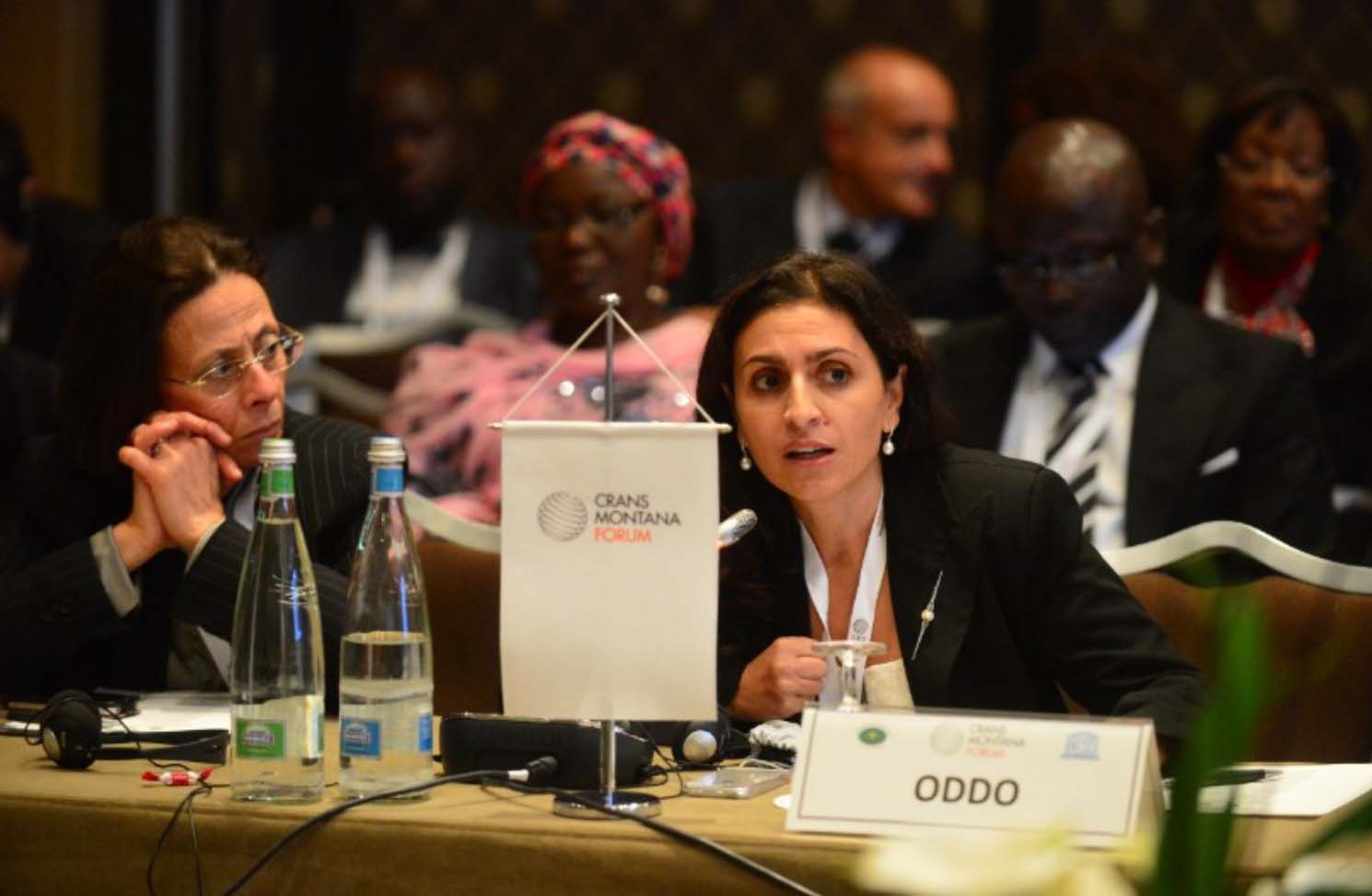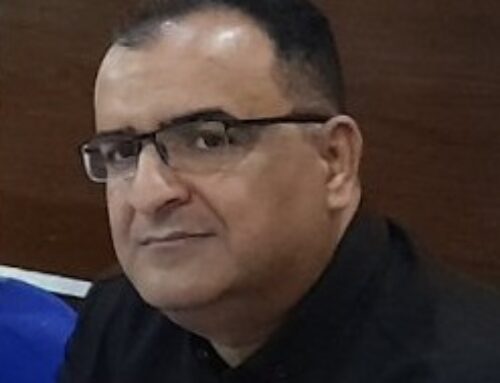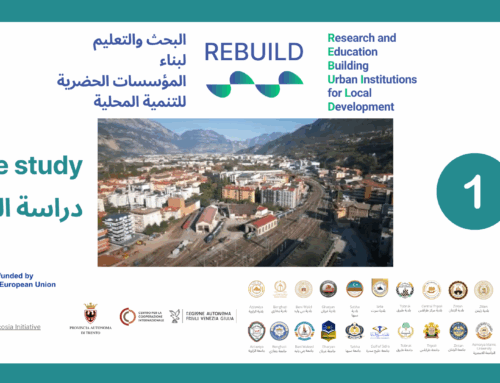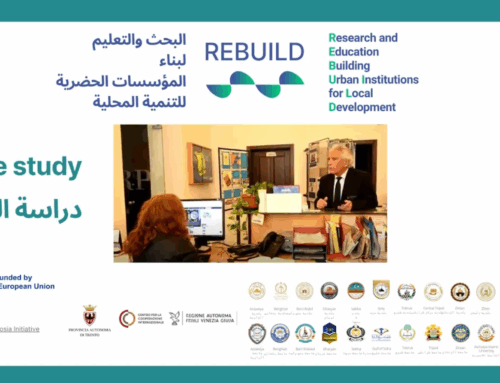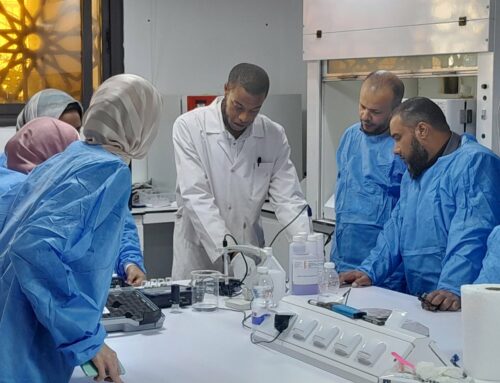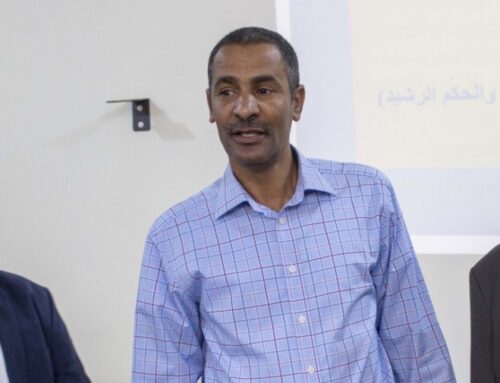Initiated at the Plenary session of the Euro Mediterranean Assembly of Regional and Local Authorities (ARLEM) in Nicosia in January 2016, the Nicosia Initiative is the European Committee of the Region’s platform aimed at strengthening local administrations in Libya. It has started in times where it was needed to let Libyan municipalities out from isolation and to mobilize them in helping the Country’s stability by improving their efficiency in providing basic services to citizens, who, gradually after the revolution, had lost faith in the added value of any democratic elected institutions, due to failed politics, constant turmoils and empoverishment of life’s quality.
With the financial support of the European Commission and other partners (including the key contribution of the Italian Ministry of Interior and the Region of Flanders), the Nicosia Initiative matches the needs of Libyan municipalities with support offered by European cities and regions, with the aim of creating mutually beneficial and sustainable partnerships and improving living conditions of Libyan citizens by strengthening administrative capacity, trying improving the delivery of public services, and fostering local economic development.
From 2016 up today, the Nicosia Initiative has gathered 22 Libyan municipalities from all parts of the country and across any conflict lines, with European cities and regions. This has not only brought Libyan municipalities to the attention of the International community but also has set concrete grounds for internal territorial exchanges to overcome tensions and political differences for the sake of the Public good. An exercise of city diplomacy that has kept the Country united even if not yet stabilized.
Today the Nicosia Initiative and all the projects developed in this framework (REBUILD, TAMSALL, LIS) are considered strategic by Libyan Institutional and non Institutional partners both at Local and National level.
The transversal approach in standing by partner municipalities across conflict and political differences have allowed
to continue and consolidate training for municipality staff becoming a key partner of the National Strategy of the Libyan Supreme Council for Local Administrations also in support to the take off of the newly established Libyan Center for Municipalities Capacity Building.
The consolidation of Libyan Municipalities’ Community of Practices stays at the core of any activities as well as favouring effective links with Libyan universities to increase key territorial actors ties to improve local governance efficiency. Furthermore, it is a priority developing further partnerships in particular in the areas of waste and water management, environmental safety, local revenues and fiscal system management, urban planning, e-governance and smart cities.
However, the support to local economic development represents nowadays the main challenge. In this respect the second phase of the fishery pilot implemented in the framework of the REBUILD project is definitively a key strategic exercise towards fostering sustainable economic diversification and vocational training reflecting territorial specificities and potential.
All that to substantially contribute to the Decentralisation process recently accelerated in the Country by several decrees of the Ministry of Local Government actually transferring to the local level most of the competences assigned to the municipalities by law 59 in 2012.
The experience of the Nicosia Initiative has shown a fundamental thing to date: that peace is always the result of shared interests and values that can be more easily identified at the local level where the management of politics is closer to the heart of the problems and of the people. These shared interests and values cannot be discussed at the negotiating tables on the basis of assumptions far from people’s needs but are expressed in daily hard work, in respecting diversity, aware that this diversity is capable of generating prosperity, in recognizing responsibility and accountability because where there is no acknowledgment of sins and merits there is no pacification; in the understanding that differences of opinions and views not only hide the search for power but can be an inexhaustible source of new perspectives.
—
Read the other articles of the second newsletter:
1. Local Admonistration and citizens governing their territory – Giovanni Gardelli, Director General, Unit for the Coordination of Local Authorities, Regional and Mountain Policies, Autonomous Province of Trento
3. Overview of the role of universities in enhancing the efficiency of municipalities – Dr. Khaled Souissi, Project Officer, University of Zintan
4. The relationship between “project” and “development” dynamics – Stefano Rossi, REBUILD Operational Manager, International Cooperation Centre
5. Experiential Learning for the training of agents of local development: PROFADEL – Arnaldo Serna, Coordinator of the PROFADEL International Network

